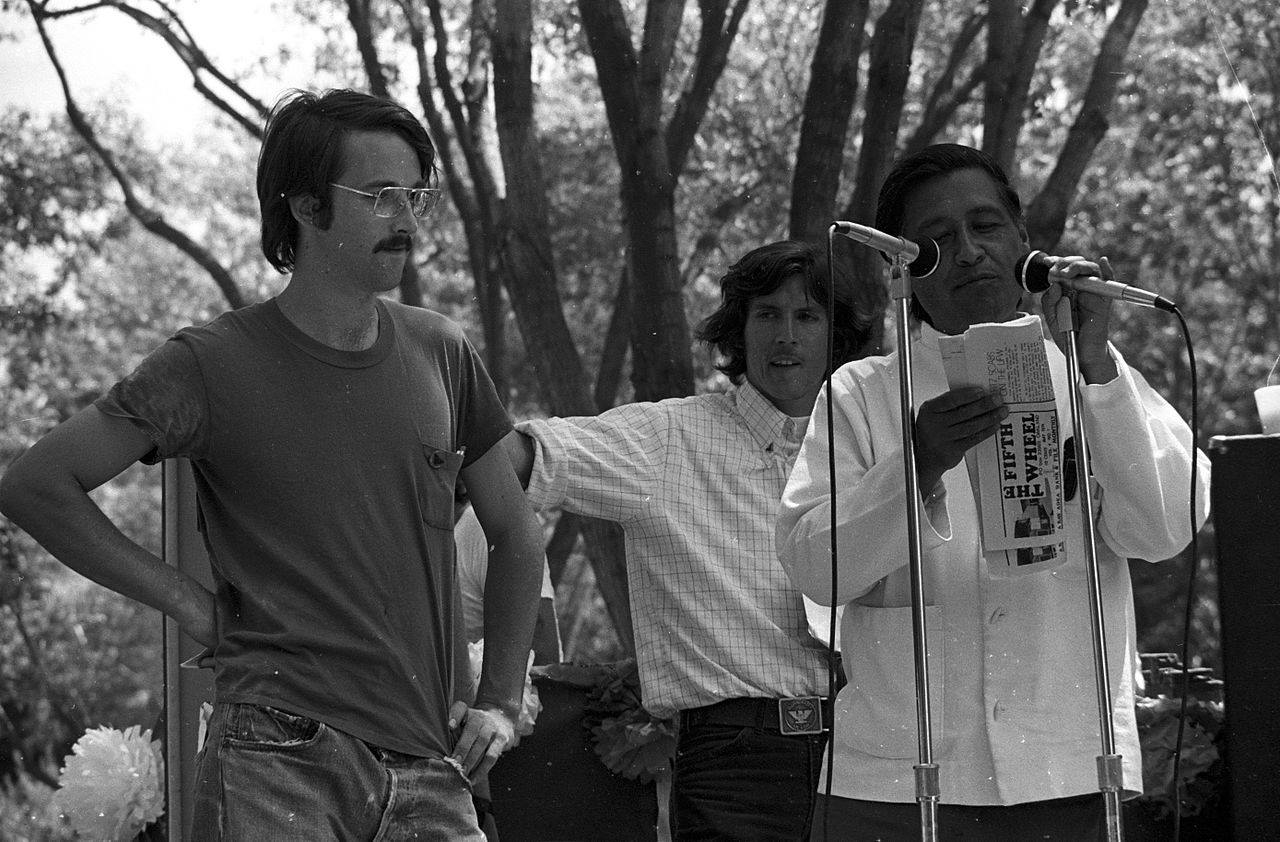October 5, 2015
Hispanic Heritage Month: Celebrating the 50th Anniversary of the Delano Grape Strike
This year, Hispanic Heritage Month coincides with the 50th anniversary of the beginning of the Delano Grape Strike, and provides us with an opportunity to pay tribute to two great labor leaders who co-founded the National Farm Workers Association (NFWA) and helped to organize one of the most successful strikes in labor history—Cesar Chavez and Dolores Huerta.
On September 8, 1965, Filipino farm workers in Delano, Calif., who were members of the Agricultural Workers Organizing Committee (AWOC), walked off the job at table grape farms in the area to protest the low pay and poor working conditions. The leaders of AWOC knew that a successful strike had to include the many Latino farm workers in Delano, and they reached out to Chavez, Huerta and the NFWA to join them in their fight for dignity and respect on the job. Chavez insisted that the Filipino and Latino strikers work together and take a vow to remain nonviolent, and expanded the goals of the strikers to include the right to unionize and engage in collective bargaining. Realizing their common goals, the NFWA and AWOC merged to form the United Farm Workers Organizing Committee in 1966.
In 1966, Chavez led a strike of California grape workers on a 300 mile march from Delano to Sacramento to raise awareness for their cause. Soon, the strike spread to thousands of workers and the movement gained national attention and support from around the country, including the support of Robert F. Kennedy. In 1967, Chavez shifted his focus and urged consumers and supermarket chains to boycott table grapes. In response to the plight of the farm workers, Americans throughout the country refrained from buying table grapes in a show of support. After five years of nonviolent strikes, boycotts, marches and fasts, the United Farm Workers Organizing Committee succeeded in reaching a collective bargaining agreement with table grape growers in California in 1970—resulting in better pay, benefits and workplace conditions for thousands of farm workers.
In 1972, the United Farm Workers Organizing Committee was accepted into the AFL-CIO and changed its name to the United Farmworkers Union. A year later in 1973, Chavez and Huerta led another successful consumer boycott against California grape growers that resulted in the California Agricultural Labor Relations Act of 1975, which allowed farm workers to form unions and bargain for better wages and working conditions.
